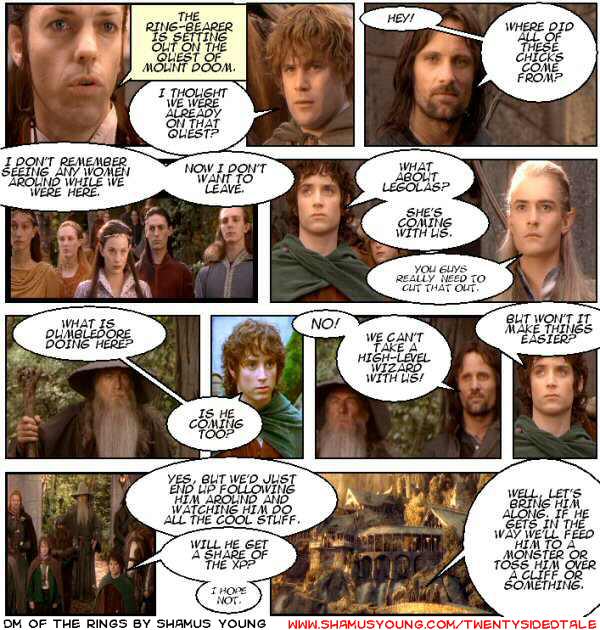I would be very careful with the introduction of a DMPC.
If you do decide to do so, make a character in a supporting role. If you have a pair of fighter PCs, roll up, say, a persist buff cleric or a bard to heal and support them—but don't kill things for them. Don't build a character to beat the monsters for them, build a character that makes the players stronger.
Alternatively, consider one of the following options:
Buff the Players: If your encounters tend to heavily outnumber the PCs, I would actually consider giving the PCs extra actions. This gives them more agency and damage without requiring them to learn more mechanics. If they would tend to get taken out quickly through HP damage, give them more HP or reduce enemy attack rolls. You might accomplish these through magic items, or you might just implement them as purely mechanical changes.
Leadership: While this can be hard to deal with for some, it's good for upping PC power. I recommend not statting the followers up as PCs, but instead as Warriors, Adepts and Experts to simplify building them. These might be redshirts, or they might be a loyal, competent band of followers that aid your PCs.
Tone Down the Encounters: If you don't want to increase their power, make your encounters less challenging. If they want to fight the high level monsters, you might try toning them down mechanically while still calling them the same thing. If your players are as inexperienced as they seem, they won't notice the difference.

